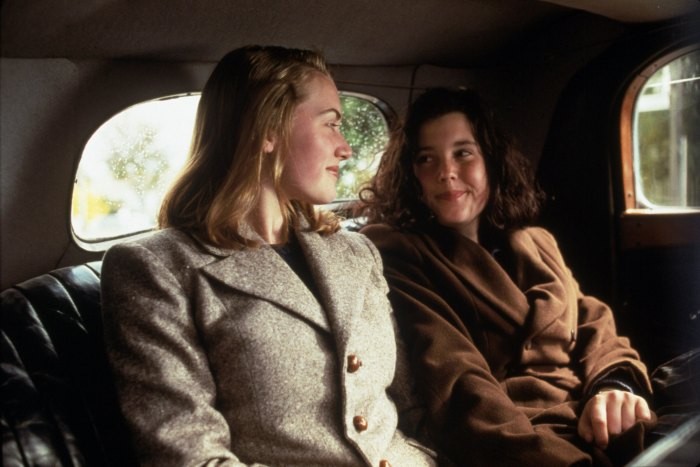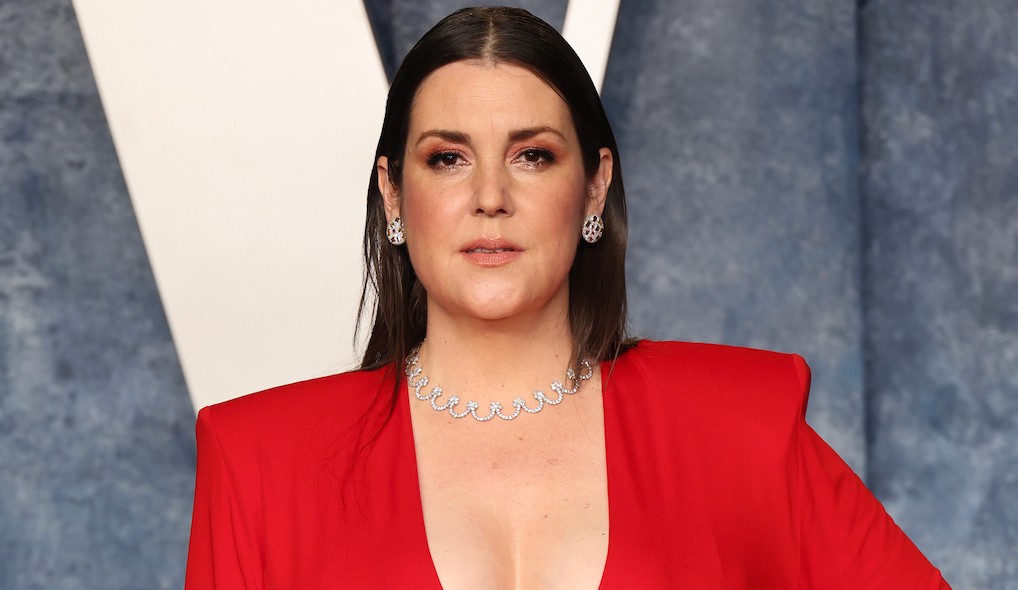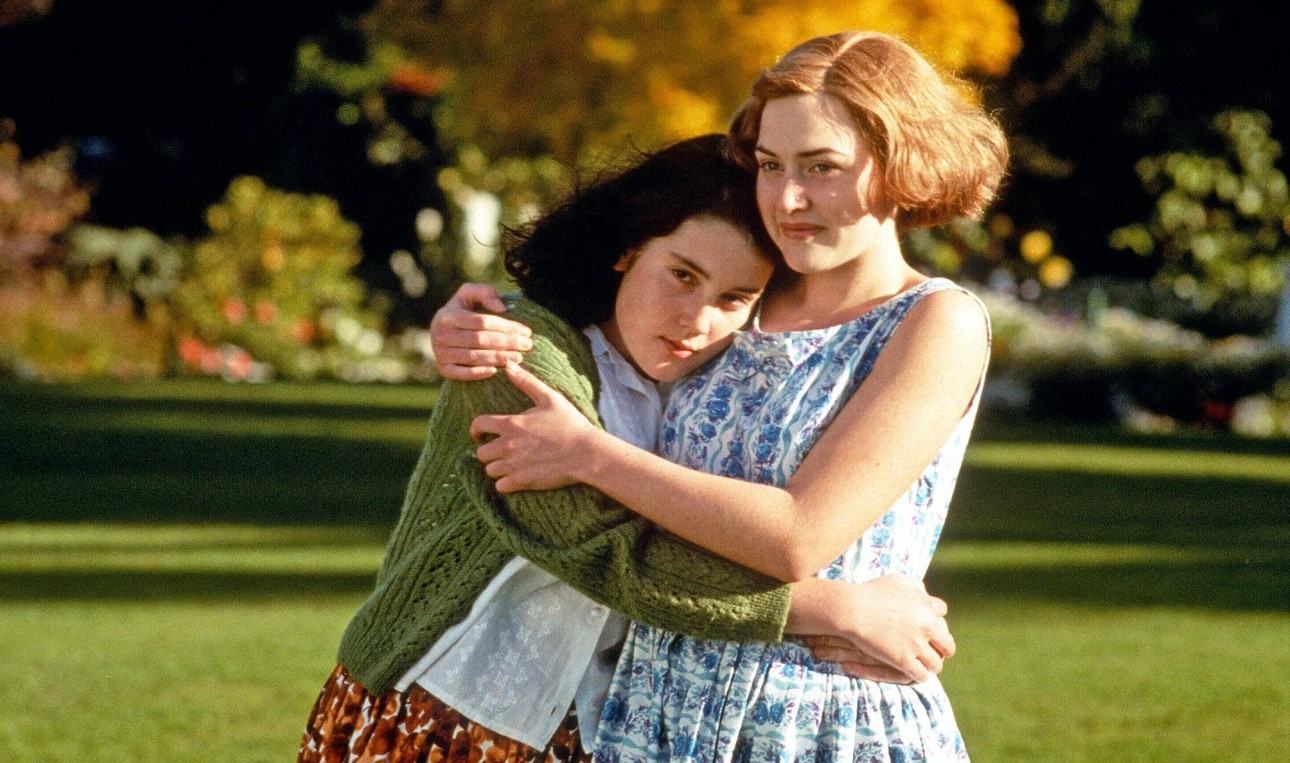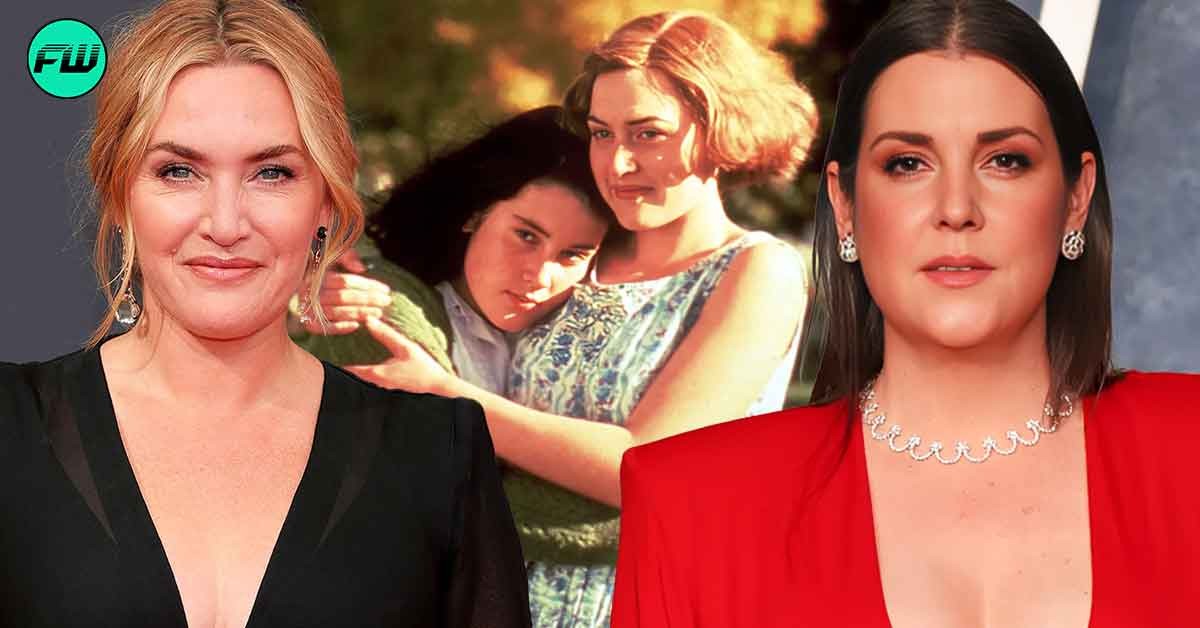Melanie Lynskey and Kate Winslet’s 1994 film by director and auteur, Peter Jackson, reflected in more ways than one the true story of the subjects they were cast to portray in Heavenly Creatures. 30 years down the line, both actors now stand fully formulated in their own right, with a filmography most would be intimidated by and impressed with, and serving successive hits in the box office, be it in a James Cameron epic or via one of the best live-action adaptations that exist on television to date.

Melanie Lynskey Reflects on Separation From Kate Winslet
In 1994, a film premiered that not only witnessed the debut of Kate Winslet and a young Melanie Lynskey but also won an Academy Award nomination for its screenplay. The film, moreover, went on to break barriers through its coming-of-age story that redefined love and the weight of teenage friendships that often border on obsession. The film, Heavenly Creatures navigated the intense and otherworldly relationship of two teenage girls in 1950s New Zealand that ended in the murder of one of the girls’ mothers after the parents attempted to separate them from each other.
The unlikely friendship that formed between Melanie Lynskey and Kate Winslet during their time on the ’94 Peter Jackson film was, in a sense, otherworldly too. With time, the relationship that culminated over shared hours on the set between the then relatively unknown pair ended just as abruptly as it had begun. Lynskey recently claimed that she and Kate Winslet drifting apart “was more heartbreaking than some breakups that I’ve had. It was so painful…”

But as the actress recalls the turbulent 90s and how she opted for more independent films – a wildly different acting path than Winslet’s more mainstream, big-budget, critical and commercial successes – Melanie Lynskey acknowledges that their separation may have been the result of how Winslet “became a gigantic movie star and she didn’t have a lot of time.” Now, almost 3 decades later, the story gains a foreboding, if not tragic, tone of how quickly relationships disintegrate under the exposure of media and Hollywood fame.
Kate Winslet had gone on to star in Titanic, her definitive big break, married iconic director James Cameron, and became Hollywood’s darling, while Melanie Lynskey forged a more humble path for herself through indie films and a mainstream appearance in Two and a Half Men before moving on to bigger projects. Her latest project involved the critically acclaimed series, The Last of Us, which featured a short, albeit impressive appearance from the actress as Kathleen, a post-apocalyptic warlord who’s out for blood.
Heavenly Creatures: A Time-Capsule of Haunting Friendships
As Heavenly Creatures inches closer to its 30th anniversary, fans look back at the story that shifted emotions and perspectives, leaving more scars than were warranted from a coming-of-age biographical crime drama centering around two teenage girls. The eerie and gruesome story of the Parker-Hulme case shocked the residents of Christchurch after the 15 and 16-year-olds were charged with premeditative murder – an extreme result that stemmed from the simplistic roots of a deeply co-dependent friendship.
Pauline Parker and Juliet Hulme’s friendship could not be categorized into the definitions presented by society. The teenagers, shaped by childhood tragedy of affliction, were molded by a stronger shared interest in the world of creativity. An in-depth research into the subject then posits: “Pauline and Juliet became inseparable, spending hours writing stories, books, and plays, inventing fantasy lives, and developing their own personal religion, moral code, and version of heaven, which they called The Fourth World.”

Also read: 15 Movies Based On Real-Life Stories That Were So Messed Up
In the 50s, the bond between the two girls resonated negatively after their growing obsession with each other and the intensity of their relationship unsettled their parents. Pauline Parker was taken to a psychiatrist who deemed her relationship with Juliet Hulme as homosexual – a term that was associated with mental illness at the time. After they were drawn apart from each other, the girls would devise a plan to stay together that centered around killing Parker’s mother, especially as Juliet Hulme was being shipped off halfway across the world away from Parker.
Investigation into the gruesome murder, which at first they tried to parry off as an accidental death, eventually found the girls guilty of the crime and were charged with five years in prison. Both girls claimed, during the sensational trial, that the laws of the natural world did not apply to them as they were Heavenly Creatures of The Fourth World. Five years later, Pauline Parker settled into a quiet life on a sheep farm. Juliet Hulme disappeared from the public eye, well until the 1994 film when an unraveling of events unearthed the identity of the best-selling crime novelist, Anne Perry as Juliet Hulme operating under a pseudonym.
Source: Variety

